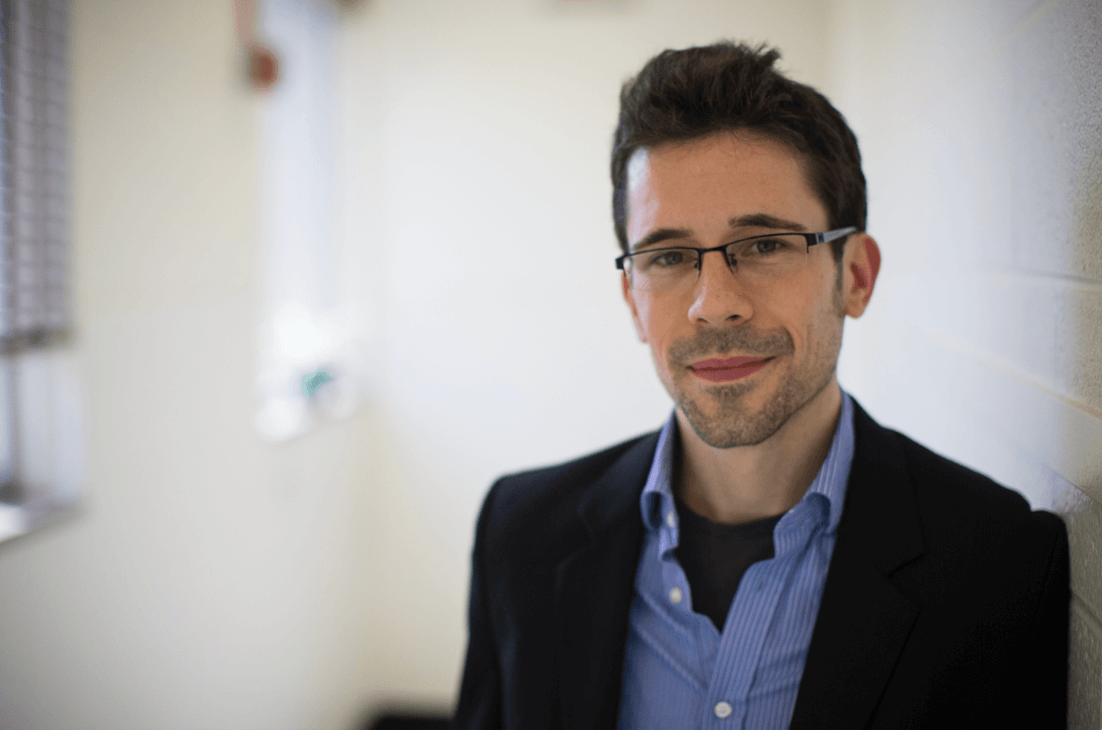Talk: Collectivism Isn’t What Most People Think It Is: A Study of 100 Cultures

A talk by Professor Thomas Talhelm, University of Chicago Booth School of Business.
Where: September 3th, 14:00, CSS 35.01.06
When I started as a research assistant 20 years ago, senior professors let me in on an open secret: self-report scales of collectivism "don't work." Here’s an example of what they meant. The US regularly scores more collectivistic than Japan (Oyserman et al., 2002). A meta-analysis of 76 studies concluded that the chance of finding East-West differences was no different from flipping a coin (Heine, 2002). Sure sounds like a problem! The field responded. Papers flew. Explanations were proposed. Most responses located the problem in self-report methodology. In this talk, I’ll offer the explanation that we were measuring the wrong idea of collectivism. If we measure the right idea of collectivism, we can measure cultural differences in collectivism reliably. I’ll share data testing this idea with 16,237 people from 100 cultures around the world.
The talk is open to all.
Thomas Talhelm is an Associate Professor of Behavioral Science at the University of Chicago Booth School of Business. He researches culture. One line of research explores how rice farming gave southern China a very different culture from the wheat-farming north. He also studies how the motivating power of money is stronger in some cultures and how people (even researchers!) get collectivism wrong. Thomas has lived in China for seven years as a Princeton in Asia Fellow, a freelance journalist, and a Fulbright scholar. When he should have been writing his dissertation, he founded a social enterprise called Smart Air, which makes low-cost, open-data-backed air purifiers to help people in China and India protect themselves from air pollution.
